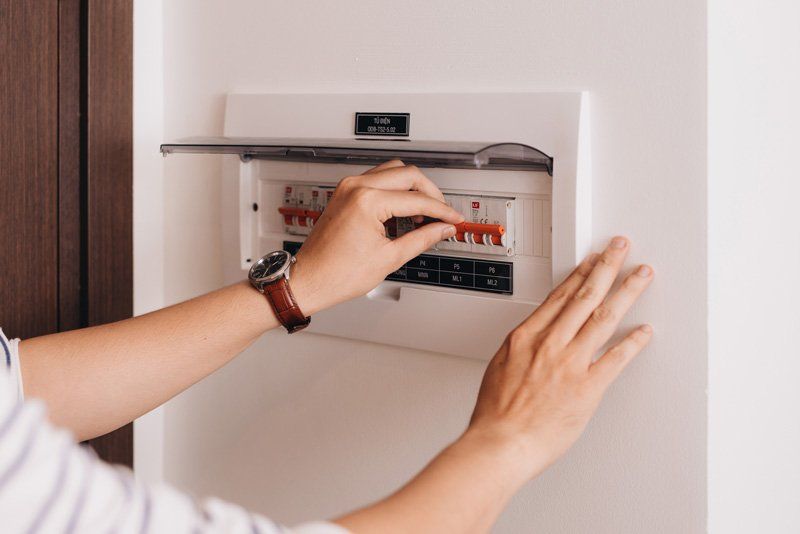4 Electrical Items to Check Before Selling Your Home
Selling your home is a complicated and often lengthy endeavor. While no one wants to add even more steps to this process, ignoring your home's electrical system may turn off many potential buyers. Getting top dollar for your home means ensuring that everything is in perfect working order, and that's where an electrician can help.
A pre-sale inspection allows you to discover problems early. When you know about issues before a buyer's inspection you can get ahead of them, potentially saving you money and providing a stronger negotiating position. As your electrician performs their inspection, be sure they check these four essential items.
1. Service Capacity
Your main service panel determines the overall capacity (or size) of your home's electrical system. You can find the capacity of your home's service printed on your main breaker or fuse. If you are unable to locate this value, you should be able to call your utility company. An electrician can also determine your service capacity during an inspection.
If you haven't upgraded your service, then your home's original builder decided on the total capacity of the system. Very old or small homes may have 60-amp service, while modern homes typically have 100- or 150- amp service. Improperly sized service panels limit the number of appliances that can run in the house and may present problems when running many modern devices.
During the inspection, your electrician can advise you on whether your panel is adequate for most everyday needs. If you are currently running 60-amp or even 100-amp service, it may be worth considering an upgrade to make your home more marketable.
2. Code Violations
If you aren't the original owner of your home, then previous owners may have performed improper electrical work. Even if everything seems to be working fine, there may be subtle code violations sprinkled throughout your house. Electrical codes are complex and vary significantly between jurisdictions, making it particularly important to have your system checked by a qualified expert.
Remember that code violations can present a potential snag in any sale if discovered during a buyer's inspection. Dealing with the issue late in the process may limit your options and ultimately cost you more money, so it is often a good idea to resolve code violations before selling your home. In many cases, this will save you money versus discounting the home after agreeing on a sale price.
3. Potential Hazards
Your home's electrical system is by far its most significant fire hazard. Damaged wiring or improperly performed electrical work puts future buyers at risk, and most states require that sellers disclose this information before a sale. Unfortunately, many electrical hazards can go unnoticed for years, and you may not be aware of the dangers lurking in your home.
A thorough pre-sale inspection can turn up issues ranging from old, frayed wiring to failing receptacles. Once you discover these issues, you will be a better position to decide how to address them. In most states, you will be free to fix the problems yourself or simply disclose them to potential buyers. Whatever the case, an inspection will give you the knowledge you need for an informed decision.
4. Overfused Circuits
Overfused circuits are a more subtle problem present in many older homes. When a circuit is overfused, the breaker or fuse on the circuit is too large for the service panel wires. Overfusing is a particularly insidious problem since it only presents a hazard if the circuit is overloaded.
If you discover one or more overfused circuits, you can either disclose the issue to buyers or correct it. Electricians typically fix overfusing by replacing the service panel wiring, but stepping down to a smaller fuse or breaker is sometimes an option.
When you're ready to sell your home, don't wait for a buyer's inspection to discover electrical issues. Express Electrical Services can help you to inspect your home's wiring so that you can get top dollar for your sale. Contact us today to schedule your appointment!

